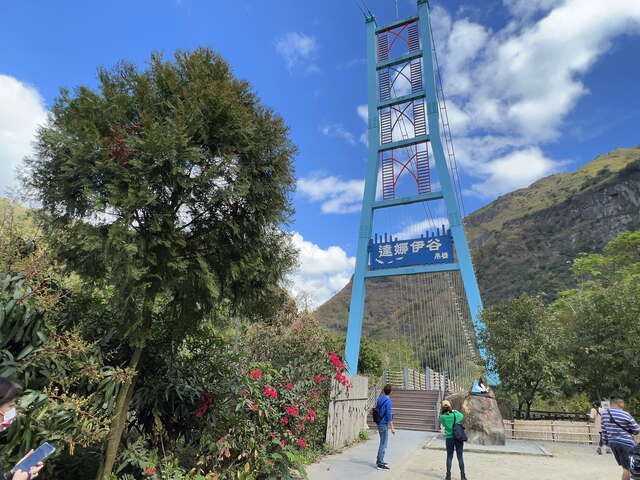Dananai Valley Ecological Park Introduction
Located in the Shanmei Village of Alishan Township, Chiayi County, "Tanayiku," which means "Valley of Forgetfulness" in the Tsou language, is not only an important watershed for the upstream of the Zengwen River but also a moving legend about the commitment of the tribal residents to protect their land and rejuvenate the ecosystem. From crisis to opportunity: paving the way for ecological conservation in Taiwan, Tanayiku once faced ecological threats from illegal fishing practices such as poisoning and electrofishing. To safeguard their hometown resources, former township chief Gao Zhengsheng initiated a conservation project in 1985, prompting the residents of Shanmei to break from clan traditions and donate their respective fishing grounds for the collective conservation of the stream. After more than a decade of patrolling and restoration, the once-vanished "Rhinogobius" fish reappeared in the clear streams. This persistence earned Shanmei Village the Model Award for Natural Ecology Conservation from the Council of Agriculture in 1992 and in 2002 received the highest recognition of the "Presidential Cultural Award," becoming the best model for spontaneous ecological conservation across Taiwan. Unique in Taiwan: Dining with mountain reflections at the "Water Restaurant" In recent years, Tanayiku has introduced a unique "Water Restaurant," bringing dining tables right next to the refreshing stream. Visitors can immerse their feet in the crystal-clear stream while enjoying authentic Tsou cuisine. Above them stands the magnificent Tanayiku Suspension Bridge, surrounded by lush valleys and the sound of flowing water, creating an experience akin to being in a natural landscape painting. In-depth tribal experience: A journey woven with culture and nature In addition to fish watching and dining on the water, the area has planned a variety of rich cultural activities: Cultural Interaction: Participate in the handmade "Bamboo Cup DIY" to experience the wisdom of indigenous life. Festive Performances: Enjoy breathtaking traditional Tsou music and dance performances, experiencing the warmth and vitality of the tribe. Nature Trails: Guided by professional interpreters, delve deeper into tribal culture and local plant ecology. Traveler's Notes: Best visiting times: It is recommended to visit during the dry seasons of March-April and September-October. The water levels are moderate, and the climate is pleasant, making it the best time to experience dining on the water. Physical assessment: The path to the Water Restaurant is relatively natural and primitive, requiring about a 10-minute walk. It is advisable to wear non-slip and convenient footwear. Safety guidelines: To ensure dining safety, life jackets must be worn at all times during the experience, and participants should follow the guidance of on-site staff. In the event of adverse weather conditions, a backup plan will be initiated, and dining will be moved indoors along with other experience activities.
































